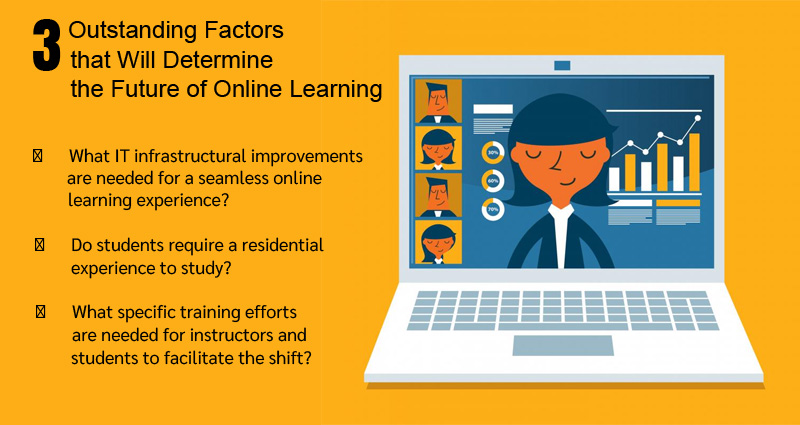Transformations within elements associated with society and the business spectrum all occur when they both face unfathomable events.
For instance, during World War II, the workforce needed for successful deployments was grave, meaning women had to be included in the recruitment process.
This was a tremendous shift in societal views as women were considered to be domestic workers, meaning all they were intended to do was stay at home and take care of their children and homes.
However, they proved their worth by performing and attaining equal standards to their male counterparts.
This situation almost resembles the state of the world when the coronavirus pandemic struck, forcing Industries into a state of uncertainty.
Experts remarked on how the crisis was bound to transform many aspects of ‘normal living’. See Us-reviews.com for insight on complaints on company changes especially during the pandemic.
The Education landscape, in particular, has seen a tremendous change as governments all across the globe had to shut down learning institutions to curb the spread of the infectious disease;COVID-19.
This as a result forced learning institutions to shift into distance learning to perpetuate education.
Several learning institutions have now been forced to experiment with virtual learning, not only in the United States but all across the globe.
This has raised the question, ‘will all education be converted to online?’
To answer this question we need to examine and collect data on three specific questions that dwell on the features of education’s business model as well as the quality of education in general.
What IT infrastructural improvements are needed for a seamless online learning experience?
As much as there are superb technologies that facilitate virtual learning and E-Learning in general, both students and teachers can attest to software and the hardware issues that they have encountered throughout their experience.
Edtech companies have done their best to come up with new infrastructure to streamline the process of perpetuating education online.
However, these advances have not yet amassed their full potential.
Also, there is the digital divide that is visible within different universities as top private universities have better infrastructure and support staff whereas budget-starved universities do not.
This alone might determine whether education will be fully adapted to the digital space or not.
Gain some insight into the best electronic devices brands on US electronic brands reviews that you might need for online studies.
Do students require a residential experience to study?
To fully answer this question we need to take a look at the structure of education in general and consider parts that could be substituted or supplemented with the current digital advancement and technology.
For instance, lectures that require less personalization or minimum human interaction can be easily pre-recorded and watched by students at their own pace and in their preferred environment.
This suggests that certain aspects of learning such as realtime lectures are not necessarily needed since lectures can be recorded and reused.
Employing this tactic will allow instructors and administrators to focus on other resources and teaching materials such as research-based teaching, meaning students will have more resources at their disposal.
With this in mind students, professors and University administrators, need to keep a record of the classes and lectures that are beneficial and seamless when conducted remotely and the ones that do not go so well.
These data points will be important in making future decisions and determining if students need established residence i.e physical schools, to learn and if virtual learning will be the ultimatum of education.
What specific training efforts are needed for instructors and students to facilitate the shift?
Some researchers have remarked on the bleak future of online studies as many students and instructors shifted and adapted virtual learning abruptly during the pandemic without any prior training.
Lack of technological skills and essential virtual learning amenities also have played a huge role in leaving a bad taste on both instructors and students.
The only way to combat these challenges and to change the mindset of students and instructors is by training them and making technological requirements accessible to all students.
Without this, the future of E-Learning, in general, is only but bleak.
Conclusion
Determining whether education will be converted into the digital space is a question that will only be answered in the due course of time.
The data points collected from all these three questions that we have discussed above will play a significant role in determining the future of E-Learning and whether it will be fully adapted in the future.











